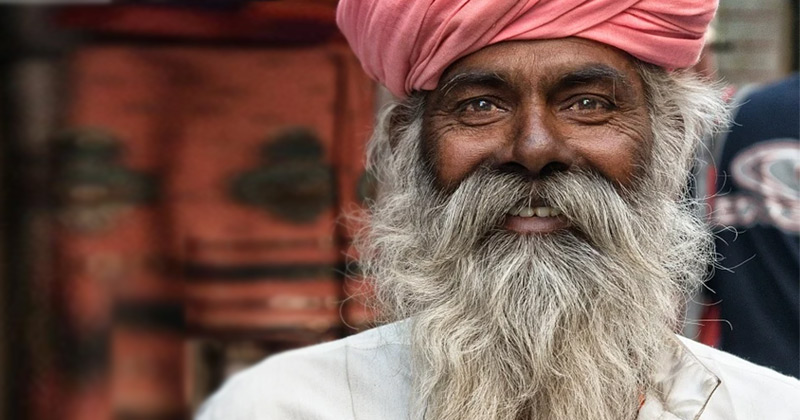Girls shave their legs smoothly, men shave the facial hair. During puberty, hair suddenly grows in the strangest places. But unlike almost all animals, we are not covered with hair, like in monkeys. But why don’t we have hair everywhere? Let’s find out.

It’s a thing with the hair. Most people care for them with lotions and shampoo, with oils and the most sophisticated water. The tufts in other parts of the body, however, are shaved off, cut off, torn out, or waxed away. Many men tear off the ruffles on the chest because it looks unsanitary.
The same applies to the armpit hair. Intimate shaving is also becoming increasingly popular, in some cultures, it is even mandatory.
But why doesn’t hair grow so much on people’s thighs, belly, feet, arms, back, forehead, and just everywhere? How about the hairy monkey? After all, humans and monkeys have common ancestors.
Man Has Not Always Been Hairless

The primeval people were still very hairy but then individuals with sparse hairstyles prevailed and since then, unlike the monkey, humans have been rather hairless.
But when exactly did the hair fall out? Research assumes that a random mutation in the genome was the cause. The hairless ape suddenly brought a so-called selection advantage. This probably happened when Homo Sapiens was only at home in warm regions like Africa and had not yet wandered around on other continents.
In Africa, it was already so warm back then that the mutated primitive humans could survive well without a full-body coat. The energy and resources that were used to grow hair, can be better utilized to do important stuff.
Suggested Read: Why do Women live longer? Sex Chromosomes explain differences in Life Expectancy
Clothing Instead of Fur
When the naked primitive people moved to the cooler north, they looked for a substitute for fur. They protected themselves from the weather with clothing. They copied this strategy from the Neanderthals they encountered in Northern Europe.

Scientists can only guess why full hair has been preserved in some parts of the body until today. The hair on the head probably still made sense as protection against the cold or even direct sunlight so as not to overheat the brain. But what about the hair on other parts of the body? They are apparently protection against germs and bacteria.
As The Climate is Getting Warmer, Will Everyone Soon be Bald?
The more the earth’s climate warms up, the more theoretically the head hair could become superfluous. It is possible that people will have no hair at all in the future. Perhaps it is the other way around.
Suggested Read: Do You See Better When You Squint Your Eyes?
In Mexico, for example, in some families, children who have hair all over their bodies are born. This so-called werewolf syndrome shows that the genes for whole-body hair are still in us and only have to be reactivated.


